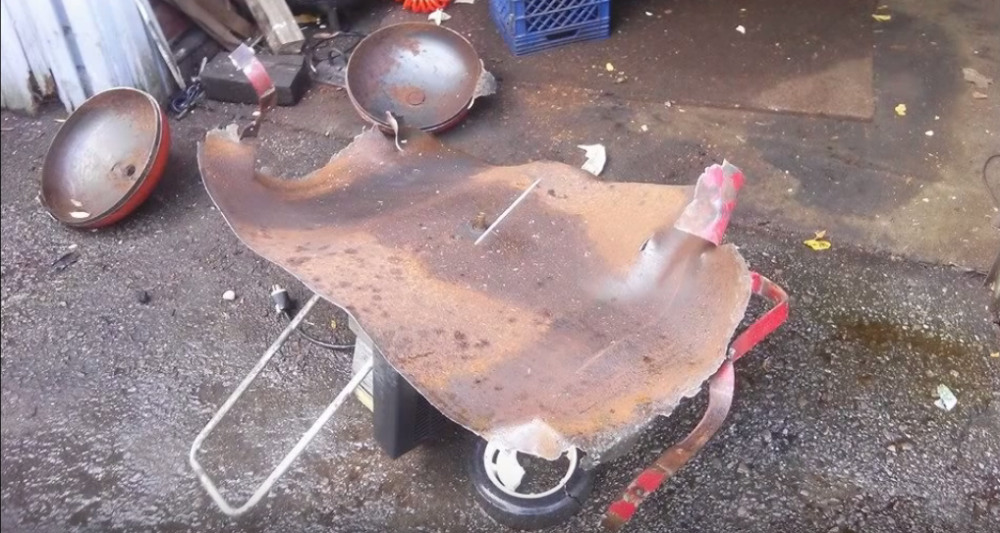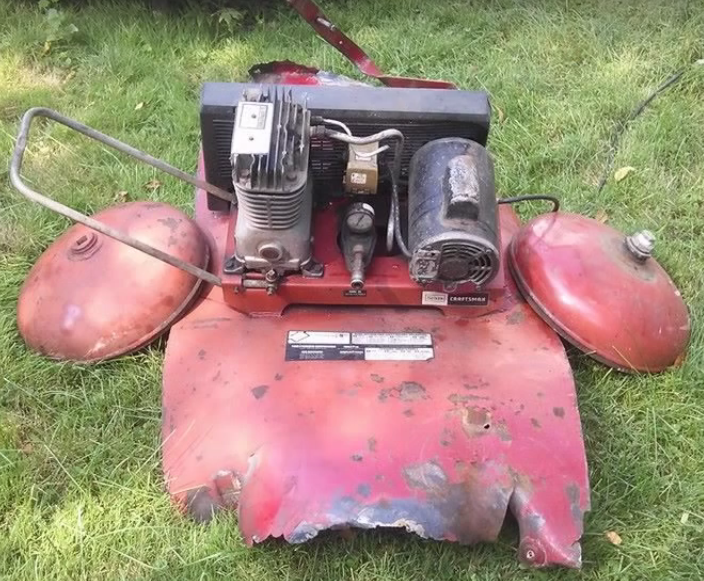It is essential that hose socks have sufficient strength to withstand the very large forces that are exerted when an air hose or fitting fails. In this article, we examine the factors of safety of hose socks.
To be effective, hose socks must be correctly sized and fitted. In this article, we discuss a simple way to ensure that the sock is correctly sized.
Compressors and boosters are an indispensable part of the drilling industry. Compressed air is used to drive downhole hammers and is typically reticulated through flexible hoses to operate some sort of hand held tool.
Written by Ian Speer - read more about some of the safety issues you could face and how to address them.
Written by Ian Speer - read about some of the safest ways to achieve lowest hose costs while minimising the operating risks to personnel, plant and the environment.
High pressure air is a potentially lethal hazard - read about the most effective restraints.
This hazard alert is part of our Technical Series on Compressor and Air Hose Safety. Click here for an outline of the entire Compressor and Air Hose Safety Series. Other hazard alerts can be viewed here.
A terrifying look at the effects of using a whip check versus a hose sock. The difference could be a life.













A failed air hose recoils at substantial velocity and force. In this article we estimate the force exerted by the failed air hose.